Two of the biggest decisions when planning your wedding are where to hold your ceremony and reception. Fortunately, many venues now hold open days/evenings where they have their rooms set up as if a wedding were about to take place. For the visual ones amongst us, this is a fantastic opportunity to see first hand how the venue looks and feels (as it can be vastly different when there is no furniture or styling in place). Beyond this however, lies an opportunity for couples to chat with the event team and source important information about the potential venue.
I recently attended Victoria Park Wedding Venue’s Wedding Open Event. With five stunning wedding spaces to choose from, over 400 brides and grooms-to-be were welcomed to their bi-annual showcase. Whilst some couples had some ideas about what questions to ask, others appeared a little lost. I chatted with the team to find out some of the most popular questions asked, and others they wish were asked more often!
Here are the Top 10 questions to consider discussing when attending a venue open inspection:
1. Capacity
Your guest list can be a case of what came first, the chicken or the egg. Venues will want to know approximately how many guests you intend to invite, whilst some couples will want to know how many guests they can invite based on the capacity of the room. Know your rough estimation of guests (e.g. 80-100) and find out the comfortable capacity of the room as well as the absolute maximum. Don’t forget this can change based on the type of table set-up, so check how many people can be seated at their round/long tables.
2. Styling
Some venues, like Victoria Park, have a helpful onsite wedding stylist. If this is the case, ask them the following – what is included in your package; what will they arrange in the lead up; what do you need to arrange; what works and what doesn’t work in your chosen room and if there are any styling restrictions. Open inspections are brilliant for visualising the room, as are many images the team may be able to show you of different set ups and styles.
3. Pricing
Whether budget is an issue or not, make it your mission to understand exactly what is included in the price per head, and whether the venue operates on a minimum number of people or minimum spend (or both). For the more budget-conscious, it can pay to ask if the venue has lower-priced times of the day/week, or if they have any special upcoming offers with affiliated wedding vendors.
4. Menu
Long gone are the days of just a buffet or three-course dinner to choose from. Menus have widened to include everything from share platters and fork dishes to palate cleansers and degustations. Ask your venue how often their menu changes; if they offer menu tastings and how adaptable they are to dietary requirements. If you’re wanting to self-cater, bring in cultural dishes or food trucks or be creative in your menu offering, then ensure these are discussed too.
5. Drinks
Venues may offer couples the choice of having a beverage package, set limit bar tab or beverages on consumption. It’s important to check when these need to be paid for, and who to consult on the wedding day should you wish to extend the limit or offering. If you are bringing in your own beverages (venue permitting) then also discuss how these will be stored and served and if there are any associated fees.
6. Wet Weather
An outdoor ceremony or feast under the stars can be incredibly memorable. But I’m yet to meet a couple who considered rain “good luck” when they made outdoor plans for their wedding day. Ask the venue what their wet weather back up options are, at what time the call is made to move indoors or undercover and if there are any other wet weather protocols in place.
7. Suppliers
Most venues have a list of preferred suppliers which you should carefully consider (the major upside being that they are already familiar with the venue and how it operates). However, it’s a good idea to check if there are any limitations on bringing in external suppliers or if there is anything they would need to know in terms of compliance.
8. No-no’s
Have you dreamed of having confetti thrown after being pronounced bride and groom? Perhaps a fireworks display at the end of the evening? You may be surprised to learn that a number of venues may not permit these things. It is better to check if there are any restrictions rather than assume that the venue will be okay.
9. Timings
Once you have decided on your venue, your co-ordinator will discuss specific timings of the day/night with you. However, right from the start, you should find out how many hours are included in the hire, what time you need to wrap up by, and if there are any other events on the same date that you may need to fit in with for meal service.
10. The Important Stuff
It goes without saying that you should always read the fine print. Make sure you have a good understanding of the financials, payment schedule, contractual obligations and cancellation or postponement policies. Some venues are quite relaxed and understanding should certain circumstances arise, whilst others can be extremely strict which can cause upset if you’re unaware of the T&C’s.
Attending a venue open inspection prepared with questions relevant to your ideal wedding will ensure that you have the most accurate information at hand to make good decisions. Happy venue hunting!
Images provided by Victoria Park Wedding Venue.
Ms Chinoiserie Says: The definite ‘go-to’ question list – all of them are important, particularly ‘drinks’ and ‘restrictions’; you simply can’t leave the answers to chance!


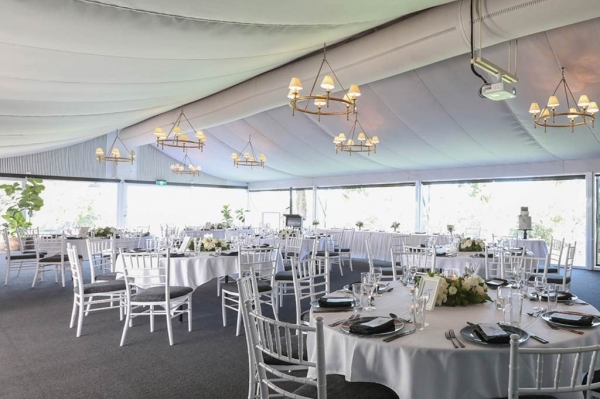
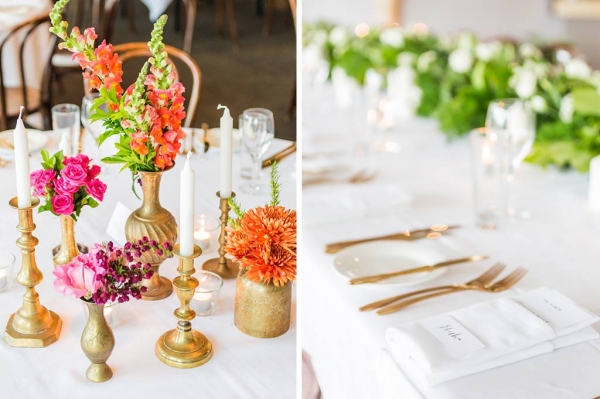
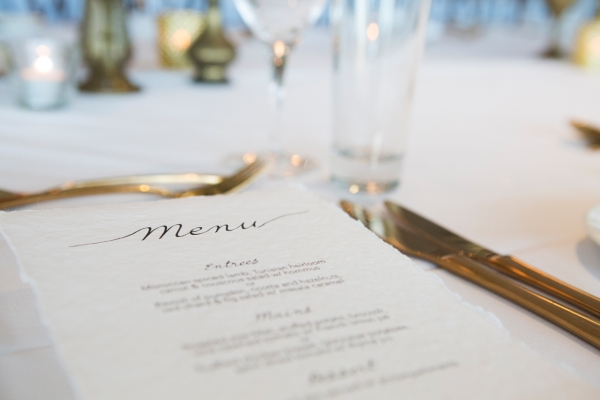
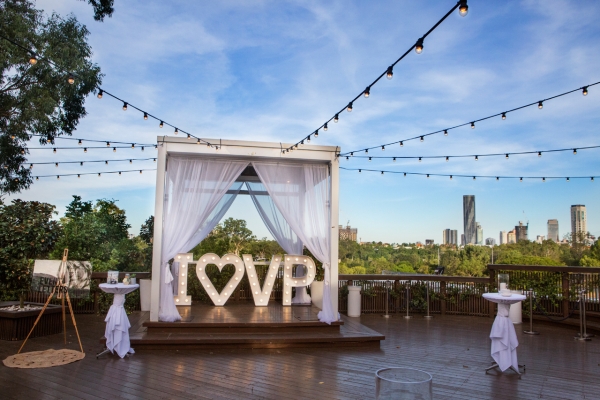
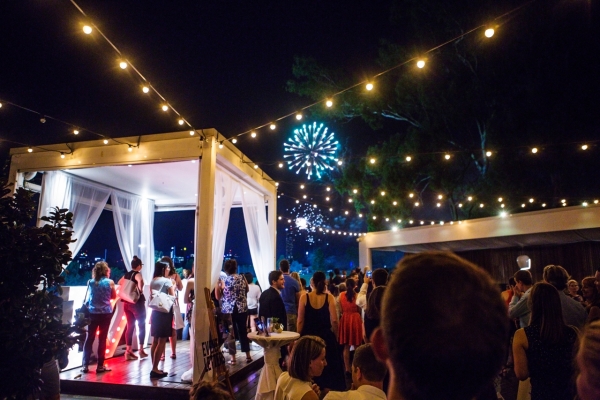
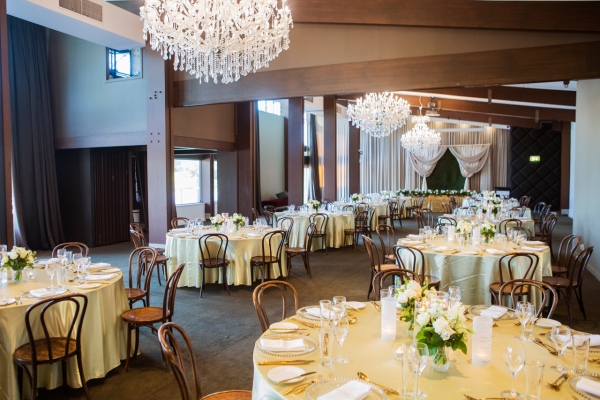



Join the conversation